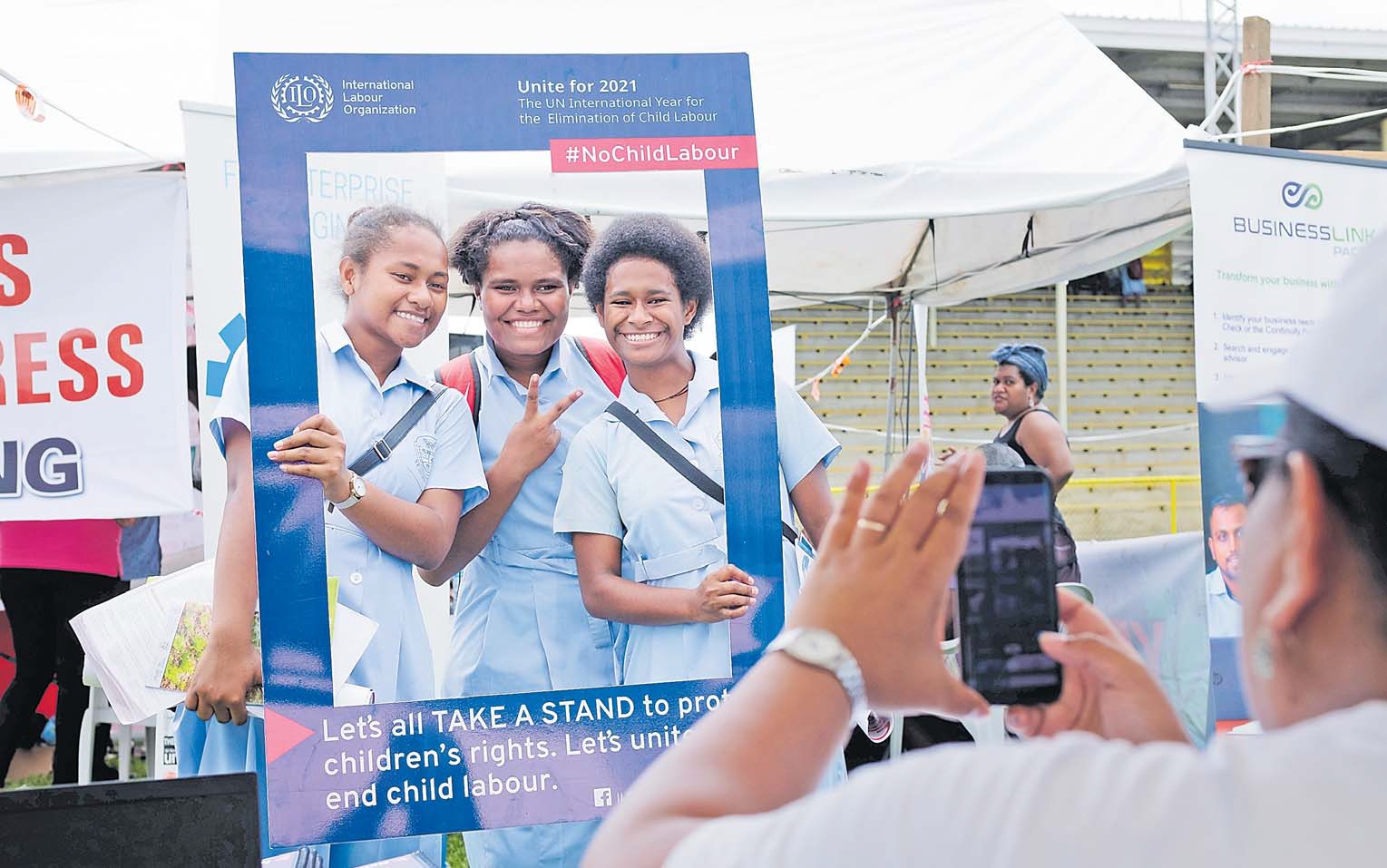Yesterday was a special day set aside to mark World Day Against Child Labour.
In June 2017, we learnt that 193 children had been withdrawn from the child labour environment in Fiji since 2011.
It was an encouraging development at the time.
It proved that child labour was an issue we had to contend with.
While it was encouraging to note that stakeholders were proactively engaged in fighting child labour, there was the other end of the spectrum, emphasising the fact that children were actually working.
The revelation above was made by the Minister for Women, Children and Poverty Alleviation, Mereseini Vuniwaqa, on the day in Suva in 2017.
This was made possible, she pointed out, under the joint partnership program of the International Labour Organization (ILO) Tackling child labour through education (TACKLE) project.
A Child Labour Unit within the Ministry, she said, was established in June 2011 under the European Union (EU)/ILO TACKLE project to eradicate child labour and establish a labour inspection process to tackle issues and encourage children back into schools.
Any effort to proactively fight this issue is welcomed.
However, in saying that, it is up to us to address issues that culminate in children being forced to work when they shouldn’t.
On its website, the International Labour Organization says this year’s World Day Against Child Labour focuses on action taken for the 2021 International Year for the Elimination of Child Labour.
It is the first World Day since the universal ratification of the ILO’s Convention No. 182 on the Worst Forms of Child Labour, and takes place at a time when the COVID-19 crisis threatens to reverse years of progress in tackling the problem.
Not all work done by children, it points out, should be classified as child labour that is to be targeted for elimination.
Children’s or adolescents’ participation in work that does not affect their health and personal development or interfere with their schooling, is generally regarded as being something positive.
This includes activities such as helping their parents around the home, assisting in a family business or earning pocket money outside school hours and during school holidays.
These kinds of activities contribute to children’s development and to the welfare of their families; they provide them with skills and experience, and help to prepare them to be productive members of society during their adult life.
The term “child labour”, according to the ILO, is often defined as work that deprives children of their childhood, their potential and their dignity, and that is harmful to physical and mental development.
It refers to work that is mentally, physically, socially or morally dangerous and harmful to children; and/or interferes with their schooling by depriving them of the opportunity to attend school; obliging them to leave school prematurely; or requiring them to attempt to combine school attendance with excessively long and heavy work.
The theme for this year is “Act now: End child labour!” Awareness campaigns are important, however, we must be part of the solution.
With physical distancing rules now a part of our lives, some children are still seen selling roti parcels and face masks, with no adult supervision visible in some parts of the Capital City for instance.
The virus is a threat that parents and guardians must be reminded about.
We realise that times are tough, however, there has to be some sense of responsibility towards ensuring our children are protected from the virus.
For a better Fiji, we need to work together.


